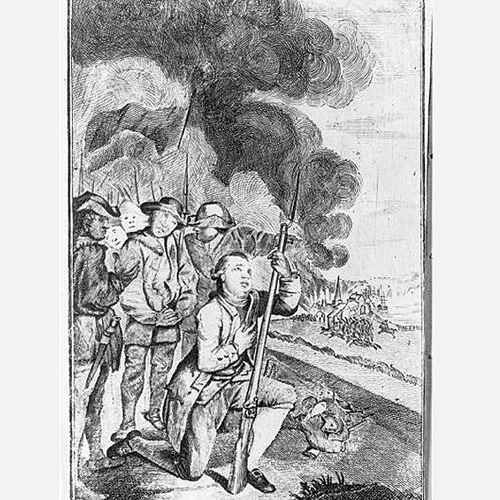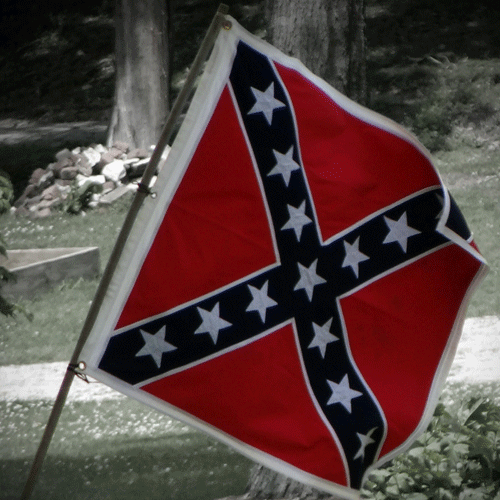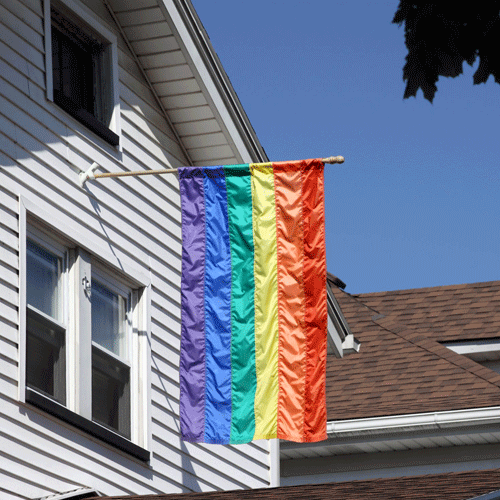Menu
Hot-Topics
February 5, 2026 | SCOTUS Decision in Bowe v. United States Is First of the 2026 Term
Category: Supreme Court Decisions

Court Confirms Disparate Impact Claims Allowed Under Fair Housing Act
In Texas Department of Housing and Community Affairs v. The Inclusive Communities Project, 576 U. S. ____ (2015), the U.S. Supreme Court recently ruled that disparate-impact claims are cognizable under the Fair Housing Act (FHA). The 5-4 decision end...

Talbot v. Janson: Supreme Court Recognizes Dual Citizenship in 1795
In Talbot v. Janson, 3 U.S. 133 (1795), the U.S. Supreme Court ruled that the jurisdiction of the court extended to the seas. The Court also held that Americans who gain citizenship of another country do not waive their U.S. citizenship status. ...

Lethal Injection Cocktail Approved in Glossip v. Gross
On June 29, 2015, the U.S. Supreme Court ruled, by a vote of 5-4, that Oklahoma’s lethal injection protocol does not violate the Eighth Amendment’s prohibition on cruel and unusual punishment. The case, Glossip v. Gross, was one of the most signi...

Chisholm v. Georgia: State Sovereign Immunity Prior to the 11th Amendment
Chisholm v. Georgia, 2 U.S. 419 (1793) is one of the first important decisions issued by the U.S. Supreme Court. The case, however, is not widely known or studied in constitutional law classes because its main holding, which abrogated state sover...

The Affordable Care Act Tax Credit Subsidies Are Constitutional
In King v. Burwell, a divided Court ruled that all tax subsidies granted under the healthcare law are legal. Had the Court ruled otherwise, the sweeping healthcare reform law may have been in jeopardy. The Facts of the Case The latest ACA ...

Hayburn’s Case: The Issue of Justiciability
Hayburn’s Case, 2 U.S. 409 (1792) is one of the earliest decisions of the U.S. Supreme Court. Although the Judiciary Act of 1789 authorized the creation of the Court, the justices did not consider their first case until 1792. Hayburn's case pre...

Texas Can Refuse the Confederate Flag License Plate: Walker v. Texas
In Walker v. Texas Division, Sons of Confederate Veterans, Inc., the U.S. Supreme Court held that Texas’ specialty license plate designs constitute government speech. Accordingly, Texas was entitled to refuse to issue a confederate flag license pla...

The Fourteenth Amendment and the Slaughterhouse Cases
The U.S. Supreme Court first reviewed the Fourteenth Amendment to the U.S. Constitution in the Slaughter-House Cases, 83 U.S. 36 (1873). In a 5-4 decision, the majority adopted a narrow construction of the Amendment’s Privileges and Immuniti...

Same-Sex Marriage Affirmed in Obergefell v. Hodges
By a vote of 5-4 in Obergefell v. Hodges, the United States Supreme Court held that the Fourteenth Amendment requires a State to license a marriage between two people of the same sex and to recognize a marriage between two people of the same sex when...

The Dred Scott Decision: Slavery and the U.S. Supreme Court
In March of 1857, the U.S. Supreme Court considered the constitutionality of the Missouri Compromise - a federal statute that regulated slavery in several western territories of the country - in the infamous Dred Scott Decision, 60 U.S. 393 (1857). ...
Previous Articles
SCOTUS Rules State Can’t Immunize Parties from Federal Civil Liability
by DONALD SCARINCI on January 29, 2026
In John Doe v. Dynamic Physical Therapy, LLC, 607 U.S. ____ (2025) the U.S. Supreme Court held that...
Supreme Court to Address Racial Discrimination in Jury Selection
by DONALD SCARINCI onWhile the U.S. Supreme Court has concluded oral arguments for the year, it continues to add cases t...
Supreme Court Halts Deployment of National Guard to Chicago
by DONALD SCARINCI on
In Trump v. Illinois, 607 U.S. ____ (2025), the U.S. Supreme Court refused to stay a district court...
The Amendments
-
Amendment1
- Establishment ClauseFree Exercise Clause
- Freedom of Speech
- Freedoms of Press
- Freedom of Assembly, and Petitition
-
Amendment2
- The Right to Bear Arms
-
Amendment4
- Unreasonable Searches and Seizures
-
Amendment5
- Due Process
- Eminent Domain
- Rights of Criminal Defendants
Preamble to the Bill of Rights
Congress of the United States begun and held at the City of New-York, on Wednesday the fourth of March, one thousand seven hundred and eighty nine.
THE Conventions of a number of the States, having at the time of their adopting the Constitution, expressed a desire, in order to prevent misconstruction or abuse of its powers, that further declaratory and restrictive clauses should be added: And as extending the ground of public confidence in the Government, will best ensure the beneficent ends of its institution.
Awards





